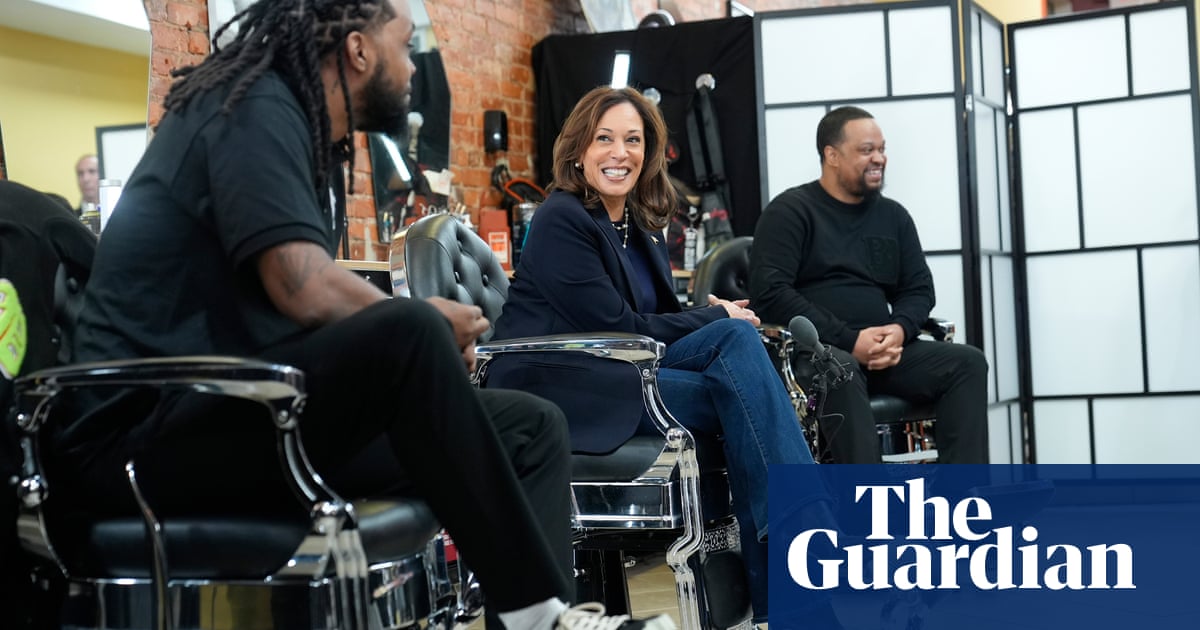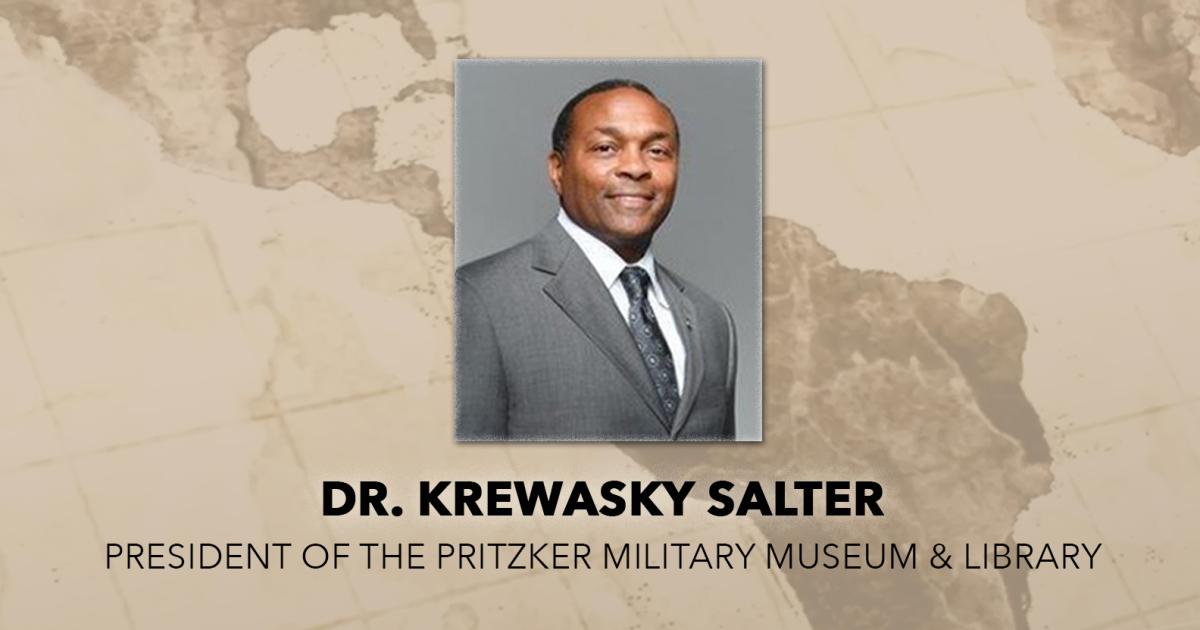- BlackVoter.Org
- Posts
- BLACKVOTER.ORG
BLACKVOTER.ORG


In a surprising political shift, black men are increasingly turning away from the Democratic Party to support Donald Trump, citing a growing dissatisfaction with how Democrats engage with their community. This shift saw Trump's support among black men rise to 21%, nearly doubling since the last election.
Influential voices, including former professional boxer Duke Tanner, emphasize that Trump's authenticity and relatable experiences resonate deeply with many. They appreciate his policies, like the First Step Act, which aim to reform the prison system.
Former NFL player Jack Brewer notes that he lost friends for his Trump support in 2016, but many are now reconsidering their stance. The changing landscape reflects a broader gender gap in voting preferences and hints at potential future challenges for Democrats, who must reassess their approach to attract minority voters.
As Trump aims for greater engagement with working-class minorities, the dynamic within the black community continues to evolve.

In the wake of a disappointing election, Ashwani Jain outlines a bold vision for revitalizing the Democratic Party as the next DNC Chair. He stresses the urgency to keep voters engaged even during non-election years, emphasizing the importance of community connection to boost turnout.
Jain argues for shifting the party's focus from courting wealthy donors to fostering genuine voter relationships, highlighting that true engagement stems from grassroots support rather than mere fundraising prowess. Finally, he calls for a commitment to progressive policies, urging the party to advocate for transformative change that resonates with the electorate.
By embracing these strategies, Jain believes Democrats can counter the divisive narratives of their opponents and inspire hope and equity for the future.

In a powerful op-ed, the Black Owned Media Equity and Sustainability Institute (BOMESI) highlights the crucial yet overlooked role of Black-owned media in political campaigns. Despite significant support for Vice President Kamala Harris, a lack of investment from the Democratic National Committee (DNC) in Black-owned outlets resulted in lower-than-expected voter turnout among African Americans.
The article argues that traditional mainstream channels like CNN and ESPN failed to connect with Black voters, as they lacked the cultural relevance and nuance that Black media provide. While some funds were allocated to platforms like Roland Martin Unfiltered and Black Enterprise, these efforts fell short in reaching a broader audience.
The piece calls for the DNC to recognize the importance of forming genuine partnerships with Black media to effectively engage with diverse voters, stressing that our democracy’s future hinges on amplifying the voices that truly represent Black communities.

In an intriguing post-election analysis, the article dissects the 2024 presidential race outcomes in Michigan, Wisconsin, and Pennsylvania, revealing stark realities for Democrats. Despite Vice President Kamala Harris's commendable campaign, historical trends show that every incumbent party globally faced a drop in voter share, averaging about 20%, primarily due to pandemic-induced inflation and upheaval.
The election showcased an angry electorate, with many casting votes fueled by misinformation and extremist rhetoric. Trump gained more votes in these swing states than Biden did in 2020, specifically pulling ahead in Pennsylvania, exemplifying his ability to mobilize a significant portion of disgruntled voters.
Interestingly, while Harris made strides among college-educated voters and African Americans, economic concerns heavily swayed the pro-Trump sentiment. The article emphasizes the necessity for Democrats to refine their messaging and build connections with voters as the political landscape continues to evolve.
A call to action for future strategies rings clear amidst these complexities.

In a surprising twist, Philadelphia—a city deeply rooted in Democratic support—has started leaning towards Donald Trump. Despite a strong campaign by Kamala Harris, who connected well with some voters, Trump's support surged in nearly every ward, raising alarm bells for the Democratic Party.
Voters expressed disillusionment with governmental effectiveness amidst rampant inflation and poverty, leading some to believe Trump could offer a better alternative. Democratic leaders are left dissecting the electoral aftermath, with accusations of elitism against Harris complicating the party's unity.
Historical loyalties among African American and Arab American communities frayed due to economic concerns and foreign policy stances. Strategists note that Trump’s focus on rising costs and border security resonated, motivating unprecedented numbers of working-class minority voters to switch allegiance.
As Philadelphia grapples with these shifts, the Democratic Party faces tough questions about reconnecting with its core constituents.

The Detroit Riot of 1967 erupted from a police raid on an after-hours bar, marking a chaotic five-day clash between predominantly African American residents and law enforcement. Sparked on July 23, the unrest claimed 43 lives and saw over 7,000 arrests, igniting a fierce wave of looting and arson across the city.
Tensions had been brewing for years due to rampant unemployment, systemic racism, police brutality, and poor living conditions, creating a powder keg of frustration ready to explode. In the aftermath, President Lyndon B.
Johnson deployed Army troops to restore order, while the Kerner Commission arguably laid bare the roots of the conflict, warning of an impending divide between black and white America. The riot left Detroit reeling, accelerating deindustrialization and white exodus, and underscored the urgent need for social reforms to address the deep-seated inequalities that had fueled the violence.

Stokely Carmichael, born on June 29, 1941, in Trinidad, was a formidable force in the American civil rights movement and a pivotal figure in the Black Power movement of the 1960s. After moving to New York in 1952, he became deeply involved with the Student Nonviolent Coordinating Committee (SNCC) while attending Howard University.
His activism included being a Freedom Rider, enduring arrest and imprisonment for challenging segregation. Carmichael is perhaps best known for coining the powerful rallying cry “Black Power,” which emphasized racial pride, self-determination, and resistance to oppression.
His departure from the nonviolent principles of leaders like Martin Luther King Jr. marked a significant shift in the civil rights landscape.
Later, Carmichael changed his name to Kwame Ture and moved to Guinea, where he continued to champion Pan-Africanism and address global issues affecting Africans. His passionate advocacy left a lasting legacy in the fight for civil rights and social justice.

Join us at Mingei International Museum for an engaging session of "Coffee and Conversations" featuring Quilt Scholar Olivia Joseph! On January 17, 2025, from 10:30 to 11:30 am, dive into the fascinating world of 19th-century Western interpretations of Eastern cultures through quilts and art. Discover how Japonisme—a term that emerged in the late 19th century—illustrates the profound influence of Japanese and Asian art on Western creativity.
Olivia, a distinguished Quilt Research Fellow, will share their insights gained from unique exhibitions, including the upcoming "Layered Narratives: Quilted Stories of Gender & Race," set to debut in spring 2025. Don’t miss this opportunity to explore rich narratives woven into fabric and art history—all while enjoying a cup of coffee! Tickets are $10 for members and $15 for non-members.

In an unprecedented presidential race, U.S.
voters are faced with a stark message: the outcome will define the nation’s future and its democratic principles. The divide between the two major candidates has never been clearer, with supporters on both sides asserting that this election will determine whether America can uphold its democratic values.
Charlottesville, Virginia, stands out as a microcosm of this diverse landscape of opinion, showcasing the broad range of perspectives from passionate citizens gearing up to cast their ballots. As the election approaches, the atmosphere is charged with urgency, reflecting a national sentiment that the stakes have never been higher.
With every vote counting more than ever, Americans are urged to engage, reflect, and participate in what could be a defining moment for democracy in the United States.

The National Black Political Convention, held in March 1972 in Gary, Indiana, marked a pivotal gathering of over 8,000 African American leaders, politicians, and activists aiming to forge a collective political identity in the wake of the Voting Rights Act and the assassination of Martin Luther King Jr. Despite the excitement, the event exposed deep divisions within the Black community over key issues like political strategy and priorities.
Delegates debated whether to endorse presidential candidates or create a separate political party, ultimately producing the “National Black Political Agenda,” which called for reparations and more. However, the aftermath saw the Congressional Black Caucus distance itself from the convention’s resolutions, emphasizing the challenges in unity.
While some viewed the gathering as a symbolic victory, others criticized it for failing to establish a coherent leadership. This landmark event is seen as a crucial moment in Black political history that laid the groundwork for future generations.

Celebrate Black History Month with the Hoover Institution as they honor the remarkable contributions of Black Americans in the military. In an engaging conversation, H.
R. McMaster speaks with Dr.
Krewasky Salter about the diverse roles Black soldiers have played, from the Revolutionary War to the present. They delve into the struggles for equality and recognition faced by these servicemen and women against a backdrop of segregation and discrimination.
This eye-opening discussion not only showcases their sacrifices and victories but also emphasizes the vital need for unity within the military. Salter's insights on mentorship and overcoming systemic barriers highlight how understanding Black Americans’ vital contributions can foster respect and cohesion, ultimately shaping a stronger military culture today.
Join them in acknowledging this rich, complex legacy and the ongoing quest for equality that continues to resonate across generations.
